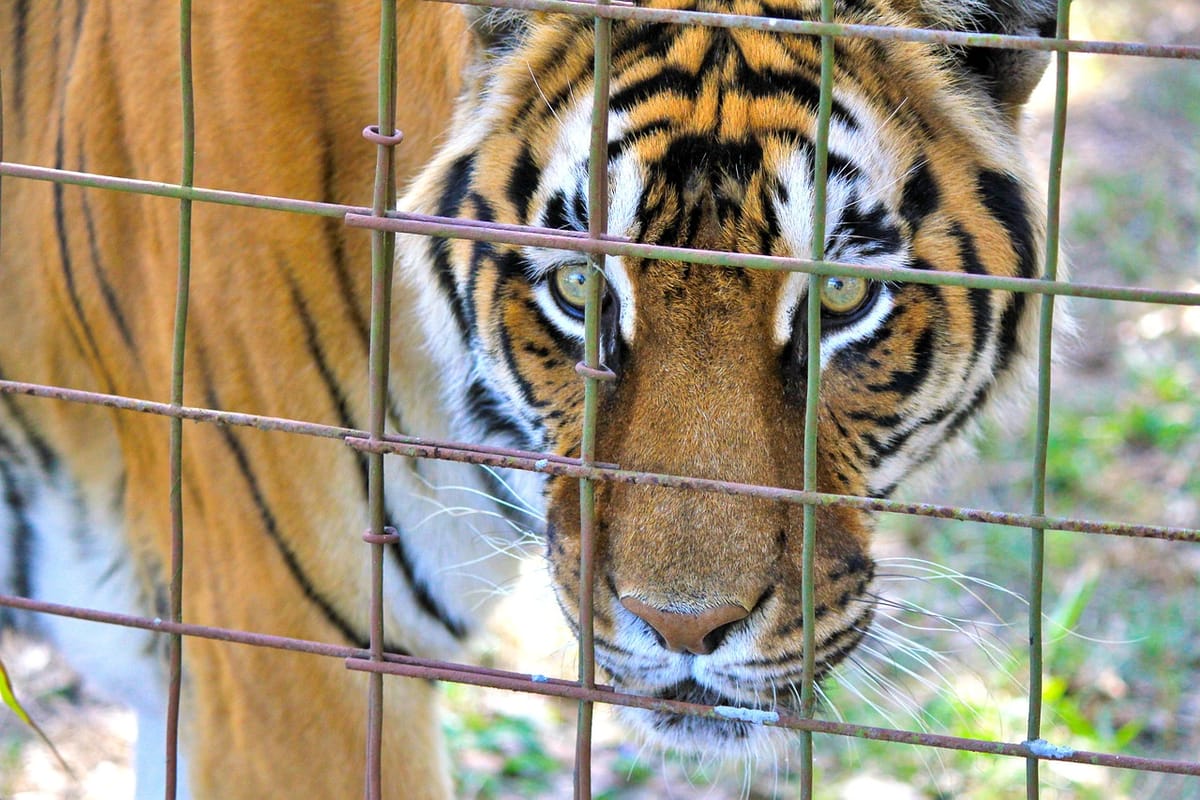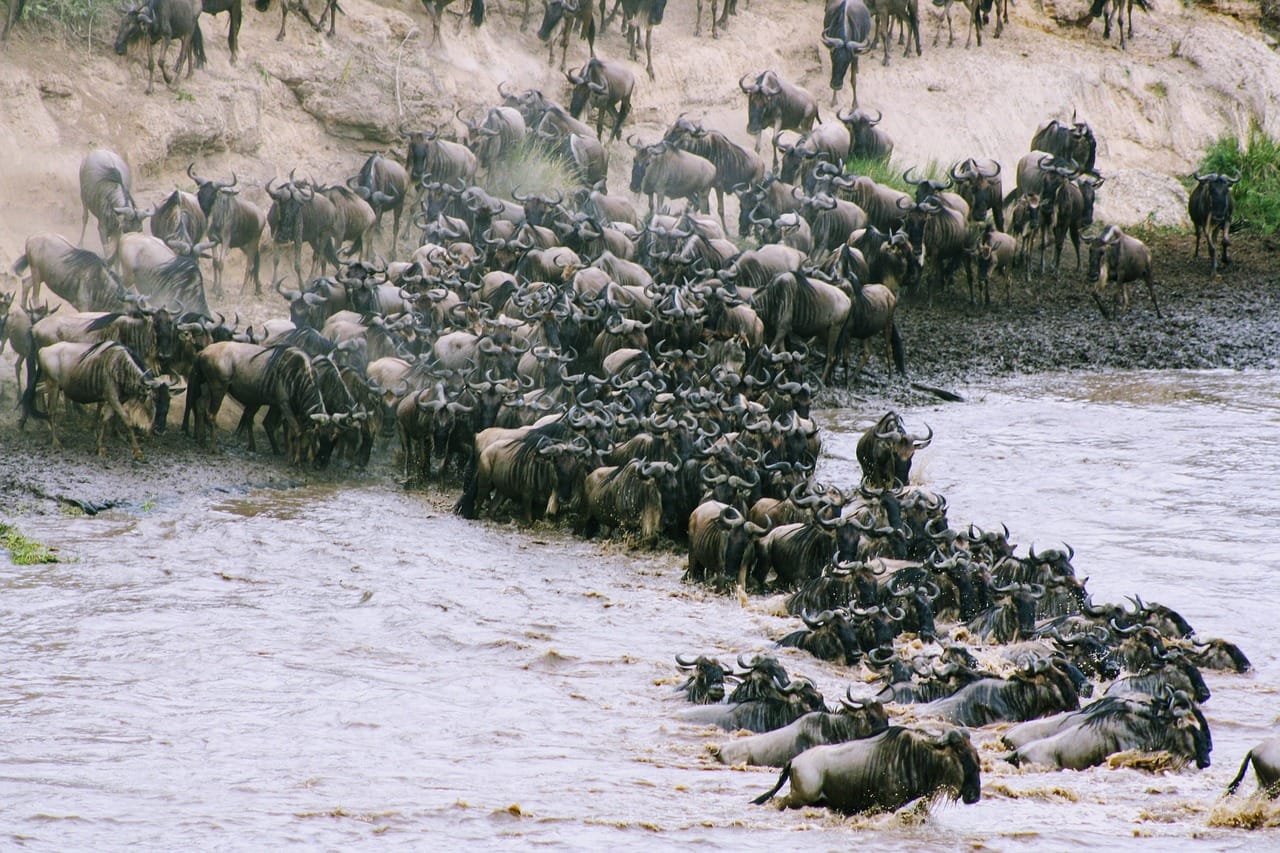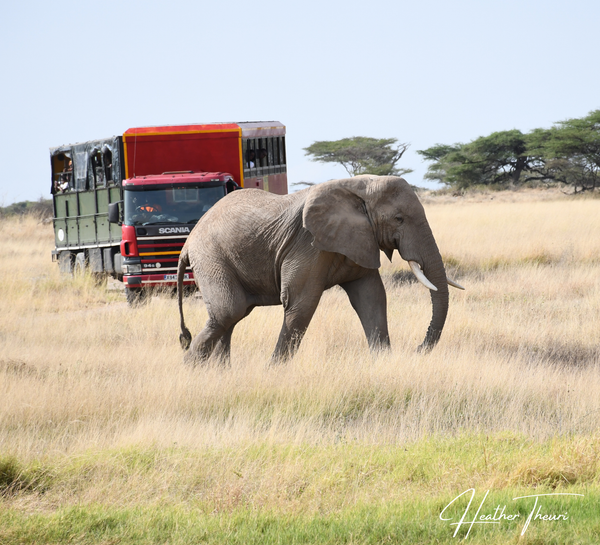Are Zoos Worth the Cost to Animals? Let’s Talk About It

Zoos often come across as a win-win situation, right? Animals get a home, meals on schedule, and protection—all for “free.” But is it really free for the animals? Or are we paying a much higher price than we realize?
To be honest, writing this piece wasn’t easy. My initial plan was to paint a picture of zoos as delightful places full of happy endings and conservation success stories. But diving into their history took me on an emotional detour. Spoiler alert: It’s a lot less rainbows and a lot more grey areas.
A Brief Look Back: The Origins of Zoos
Did you know zoos date back to 1500 B.C. in Egypt? Back then, they were called menageries, private collections of exotic animals owned by the wealthy to flaunt their power. Over centuries, these evolved into what we know today: areas where animals are kept for public viewing, research, and education.
On paper, that evolution sounds positive. But the controversy surrounding zoos has always lingered. I used to wonder why—after all, the animals seem well-fed and cared for, and zoos provide a chance to learn about species many of us might never see in the wild. What’s the problem?
Well, let’s look at it from another angle.
Imagine This…
Picture being one of the last few people of your kind on Earth. For the sake of survival, you’re plucked from your home and placed in a controlled enclosure, “for your safety.” You’re fed on a schedule, examined regularly, and paraded before curious visitors who’ve paid good money to see you. Sometimes, tests are run on you to ensure your species can survive. This becomes your new life.
Now think about the emotional toll: the loss of freedom, family, and the instinctive connection to your natural environment. It’s heartbreaking. Yet, this is the reality for many animals in zoos.
Why Do We Keep Zoos?
It’s not all doom and gloom—zoos do serve a purpose, and here’s why they exist:
- Conservation: Many zoos actively participate in breeding programs for endangered species. For example, the two remaining northern white rhinos rely on such efforts for their survival.
- Education: Zoos provide an opportunity to learn about biodiversity, climate change, and wildlife conservation, fostering empathy that (hopefully) inspires action.
- Access: For people who can’t afford safaris or trips to the wild, zoos offer a way to see animals up close and learn about them.
- Nature Connection: Some modern zoos replicate animals’ natural habitats, creating environments where humans can experience wildlife in settings that feel a bit closer to nature—and it’s proven to have mental health benefits!
But Here’s the Flip Side…
While these points are valid, the ethical dilemma remains: wouldn’t those animals prefer to roam freely in their natural habitats? Especially social species like primates and elephants, who thrive in their family groups? The truth is, we made that choice for them, prioritizing what works best for us.
Even the most well-run zoos face challenges. Let’s unpack a couple of big ones:
- Safety Risks: Animals can be unpredictable, and when their behavior threatens human safety, it’s often the animals who pay the price. Remember Harambe, the endangered silverback gorilla shot at the Cincinnati Zoo in 2016 after a child fell into his enclosure? Whether the zoo made the right call or not, the tragedy highlights how captivity can create situations where animals lose their lives unnecessarily.
- Animal Welfare: While some zoos excel in care, many do not. Poor living conditions, lack of stimulation, and confinement can lead to both physical and mental suffering for the animals.
A Silver Lining?
Thankfully, zoos today are shifting towards conservation-centric models. They’re no longer the menageries of old but rather spaces where many prioritize animal welfare and environmental education. Progress, while slow, is still progress.

Wild Experiences: A Better Alternative?
Instead of visiting zoos, why not consider seeing animals where they truly belong?
- Go gorilla trekking in Rwanda or Uganda.
- Witness the breathtaking wildebeest migration in Kenya’s Maasai Mara.
These experiences allow you to connect with wildlife on their terms—no cages, no enclosures.
Final Thoughts
We can debate the benefits of zoos all day, but here’s my take: no animal deserves to spend its life in captivity, no matter how well-intentioned the reason. Is that really living?
I’d love to hear your thoughts on this. Let’s keep the conversation going!
Sincerely,
Blue 💙
Sources:
The University of Exeter. (2023 January 26). The impact of zoos on society is largely underestimated. Retrieved from: https://shorturl.at/svEHS
National Geographic. Zoo. Retrieved from: https://education.nationalgeographic.org/resource/zoo/




